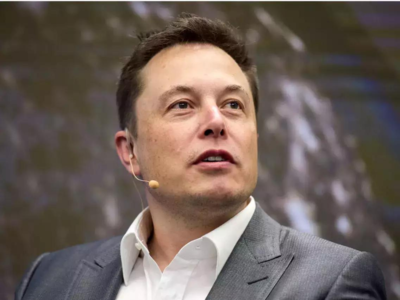Elon Musk: Neuralink Implants Brain Chip In First Human
In a groundbreaking development, Elon Musk’s Neuralink has successfully installed a brain implant in a human patient, marking a significant milestone for the neurotechnology firm. The first recipient of the Neuralink implant, known as “Link,” is reportedly recovering well after the procedure.
Elon Musk, the visionary behind Neuralink, shared the news on the social media platform X, saying, “The first human received an implant from Neuralink yesterday and is recovering well.” He further added, “Initial results show promising neuron spike detection.
“This pioneering step follows Neuralink’s receipt of approval from US regulators last year to commence human trials for its brain implants. The company’s ambitious project aims to forge direct communication pathways between the human brain and computers, potentially revolutionizing the treatment of neurological disorders such as ALS and Parkinson’s disease. Furthermore, it aspires to enhance human capabilities and foster a symbiotic relationship between humans and artificial intelligence.
Neuralink’s implant, dubbed the “Link,” is a compact device, roughly the size of five stacked coins, and is surgically embedded within the human brain. The company, established in 2016 and headquartered in California, boasts a robust team of over 400 employees and has secured funding upwards of $363 million, according to Pitchbook data.
While Musk often garners significant media attention for his involvement in the field of brain-computer interface research, he is not alone in this endeavor. Facing delays, Musk reportedly sought collaboration with Synchron, another implant developer, for a potential investment. Notably, Synchron’s implant, which was first inserted into a US patient in July 2022, offers a less invasive installation process, not requiring the skull to be opened.
Despite the promising developments, Neuralink has encountered scrutiny over its safety protocols. Earlier this month, Reuters reported that the company faced fines for breaching US Department of Transportation regulations related to the transportation of hazardous materials. Additionally, last November, four US lawmakers urged the US Securities and Exchange Commission to investigate claims suggesting Musk may have misled investors about the safety of Neuralink’s brain implant.
As the world watches, Neuralink’s recent achievement marks a significant stride in the realm of neurotechnology, potentially heralding a new era of human-computer interaction.




